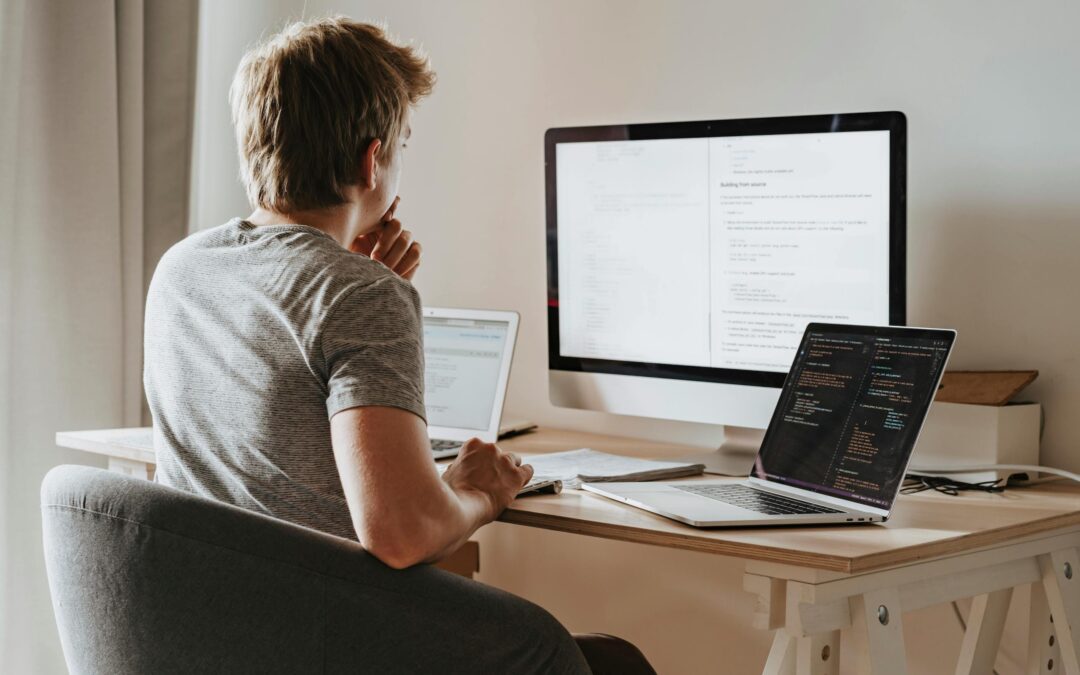This month’s question comes from Adrian:
Dear Kate,
I find it hard to prioritise looking after my wellbeing in the ways I know I should outside of my work and family responsibilities. The weekdays start off rushed and hectic, I am focused on work all day and by the time the evening rolls around I’m zapped! The weekends are mostly about spending time with my children and doing errands or chores. I just don’t seem to be able to find enough time for my health and wellbeing. Help!
My answer:
First of all, I’m going to say that Adrian’s situation is incredibly common! For the average person in a full-time role with children, this is how things typically go and it’s not easy.
However, there are many ways around this, and it starts with creating a plan of what you’re going to do and then being intentional about acting on the plan. This means that a person’s time management needs to be good so that they can be intentional and proactive about planning in time, however brief, for the thing(s) that will support their health and wellbeing.
This is what I do with a lot of my private clients – I help them get better at their time and energy management and then we slowly add in healthy habits that they can sustain around their lifestyle.
Let’s say Adrian’s time management is good – here are some of the most effective things I suggest to better support his wellbeing:
Mini moments of activity
These are activities that you do intentionally during short breaks in the day – it could be a coffee break, loo break, lunch break or you specifically take a break for the activity. Examples of what you could do include: climbing stairs, whole-body weight moves like push-ups, planks, squats etc, brisk walks, skipping, stretching, rebounding, and lifting weights – it all counts even if it’s just for a couple of minutes. The key is you’re being intentional about what you’re doing and you’re doing it regularly.
Express workouts
This is an intentional workout in a short space of time – HIIT workouts are excellent here but so is strength training. I’d suggest anything from 5-20 minutes. You could do a 5-minute workout Monday to Friday and you would start to see and feel results depending on the intensity of the workout.
Meal and/or food shopping prep for when working from home
Again, this starts with time and energy management. Either take some time to prep some meals in advance or even just the ingredients so they’re ready to use in the fridge. Or at the least, plan your food shopping so that you have recipes in mind for your weekday meals and have all the ingredients you need ready to go for the week ahead. This stops a lot of snacking and eating things that aren’t the best choice because you don’t have much at home.
Mini breaks every hour
This is so you can stand up, take some deep breaths, take your eyes away from the screen and move a little. This will help with your posture, stress levels, circulation, focus, energy levels, eyesight, eye health and more!
Furthermore, if you remember my advice to approach stress as a cycle, what you’re also doing is having a mini rest so you can recharge and reset.
Fictional commute when working from home
Start and end the day with a walk outside. Again, this is so beneficial on a number of levels – in addition to those above in the last point, you are getting overhead daylight sun that will regulate your sleep-wake cycle and counter the effects of screens and blue light. It will also help you set clear boundaries between work and home and when you start and stop work.
The Pomodoro Technique
This is a very popular productivity tool to help you get more done in less time, and to create moments of deep focus by training the brain to avoid distractions – the opposite of what technology is doing to our brains!
It’s very simple: you turn off all notifications so you can avoid getting distracted and you work on something for 25 minutes, then break for 5 minutes and you do this 4 times then you take a longer 15-30 minute break. Repeat the cycle if you can and want to! Not only does this method help people get more done, but it’s also good for your stress levels and wellbeing – especially if you do one of the other suggestions above during the breaks!
There are many more things I could suggest here but I never want to overwhelm someone and the techniques I’ve shared and some of the simplest, yet most impactful when done regularly. I’ve also specifically suggested these tools and techniques for people who are short on time.
If you’re struggling to do the things you know you ‘should’ be doing for your health and wellbeing and feel you could benefit from the support and accountability of coaching, get in touch for a complimentary consultation where we can discuss your situation and I can share how my coaching programmes work.
Kate x


